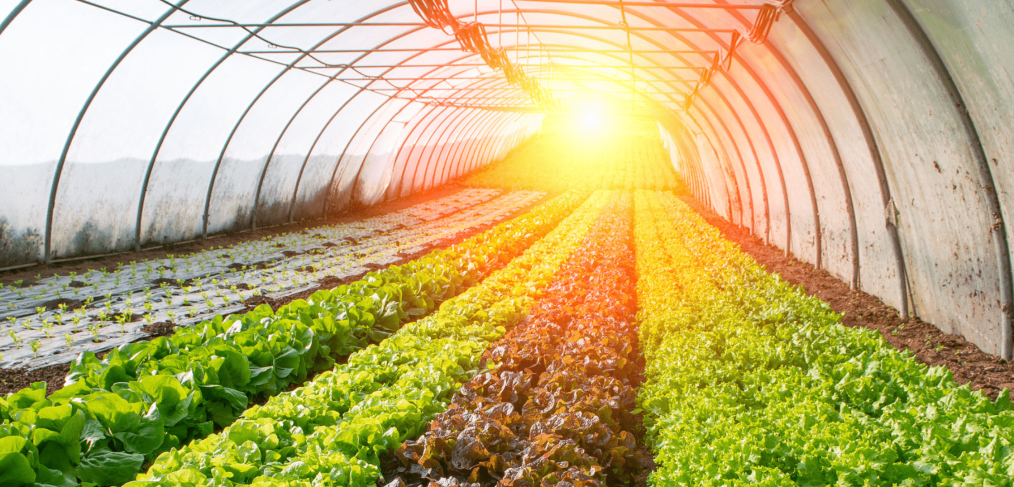
Arkansas Space Grant Consortium Grant Research Award: “Is a Martian greenhouse possible?”
The Arkansas Space Grant Consortium board voted to fund Dr. Gija Geme, Dr. Tim Schroeder of chemistry, and Dr. Copie Moore of agriculture on a joint venture to explore the feasibility of growing crops such as soybeans, corn, lettuce, kale, and more, in a Mars soil simulant that is improved with fertilizer to add micronutrients. The team received $50,000 from NASA funding through Arkansas Space Grant Consortium in the spring of 2023.
This project aims to measure heavy metal uptake by plants using Inductively Coupled Plasma (ICP) Spectroscopy analysis. The soil on Mars is almost entirely made up of mineral matter with small amounts of water and no organic matter. NASA’s Mars rover, Curiosity, showed that the mineral matter in Martian soil comes from the weathered volcanic rock of mineralogy similar to weathered basaltic soils of volcanic origin in Hawaii. Martian soil is reddish and sandy overall because it contains a significant amount of iron oxides (rust) throughout the planet’s surface since global dust storms move and redistribute the soil. The toxically high concentration of heavy metals in the soil will be reflected by higher concentrations of metals in plants.
Read the full article on the Southern Arkansas University website.
Author Credit: https://web.saumag.edu/

